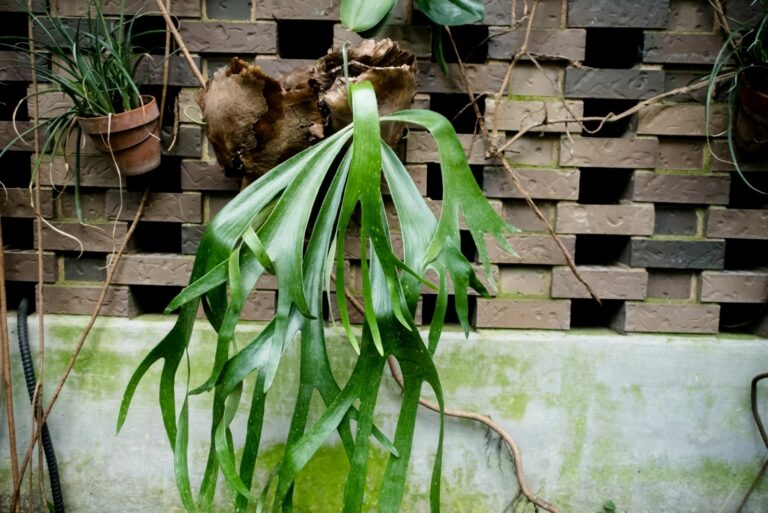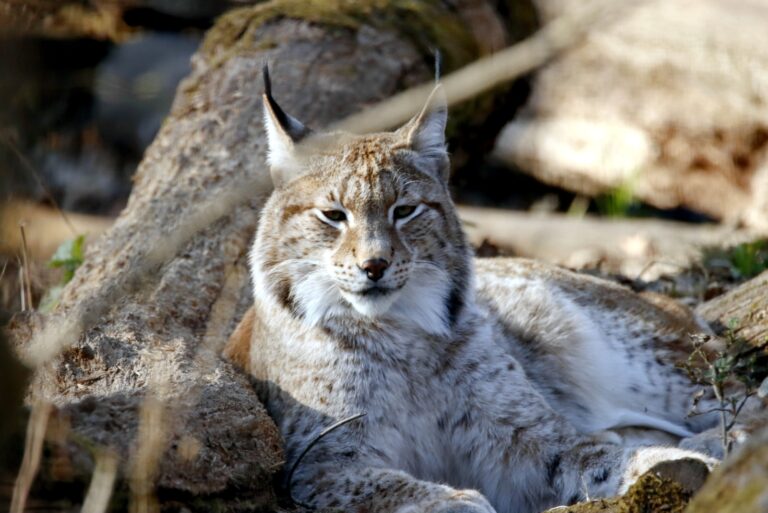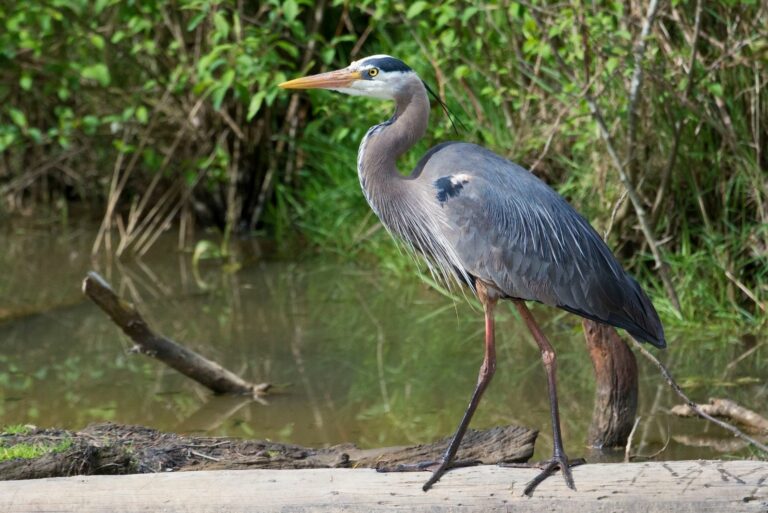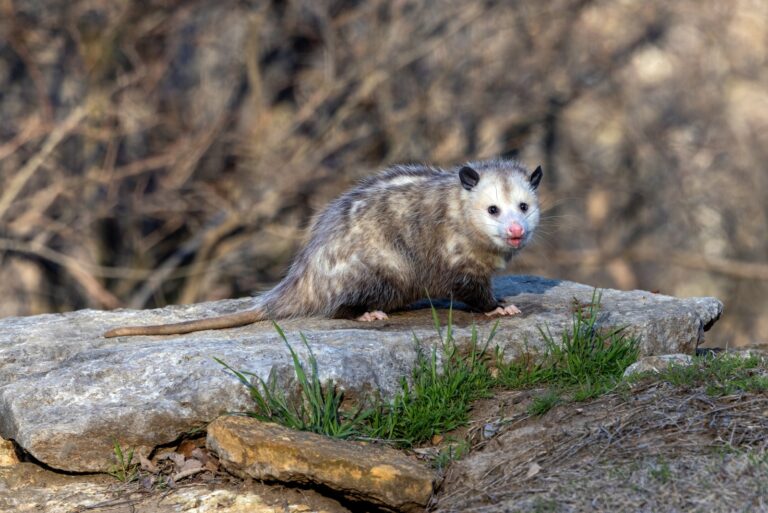7 Key Facts South Carolina Homeowners Should Know Before Getting Rid Of Possums
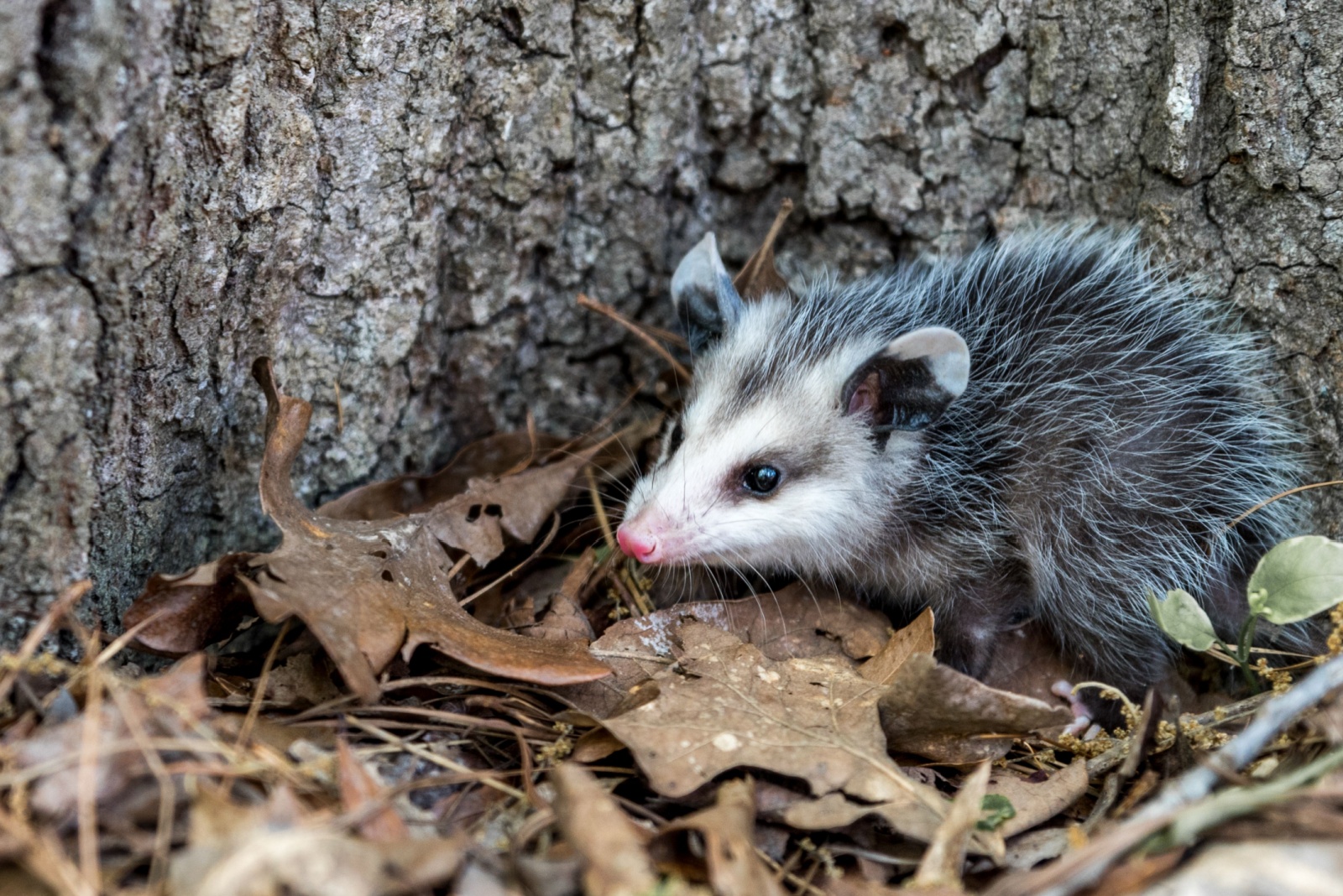
Possums might look odd with their pointy faces and long tails, but these marsupials play an important role in South Carolina’s ecosystem. Many homeowners see them as pests and want them gone immediately.
However, before you take action, understanding some key facts about possums can help you make smarter, safer decisions that benefit both your property and these misunderstood creatures.
1. Possums Are Actually Helping Your Yard
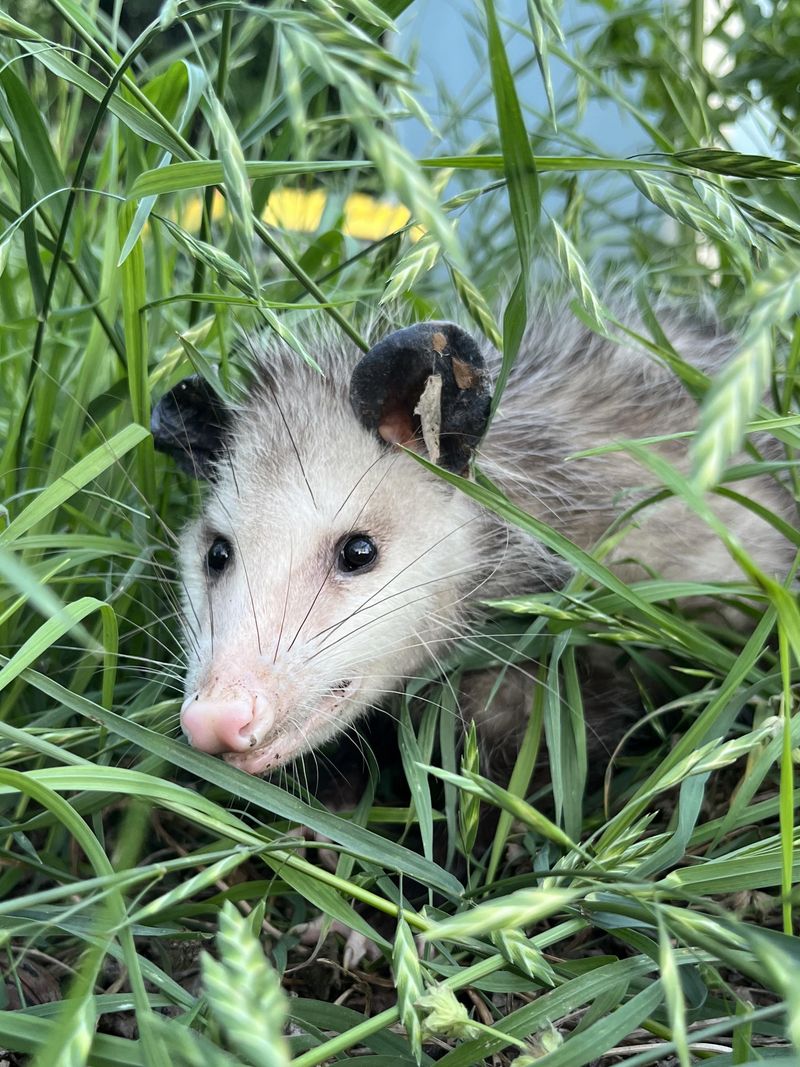
Most people don’t realize that possums eat thousands of ticks every season. A single possum can gobble up about 5,000 ticks in one year, which means fewer chances of Lyme disease for your family.
They also munch on cockroaches, rats, mice, and venomous snakes. Instead of being pests themselves, possums act like natural pest control workers that don’t charge a dime.
Your yard becomes healthier when possums patrol it nightly.
2. They Cannot Actually Carry Rabies
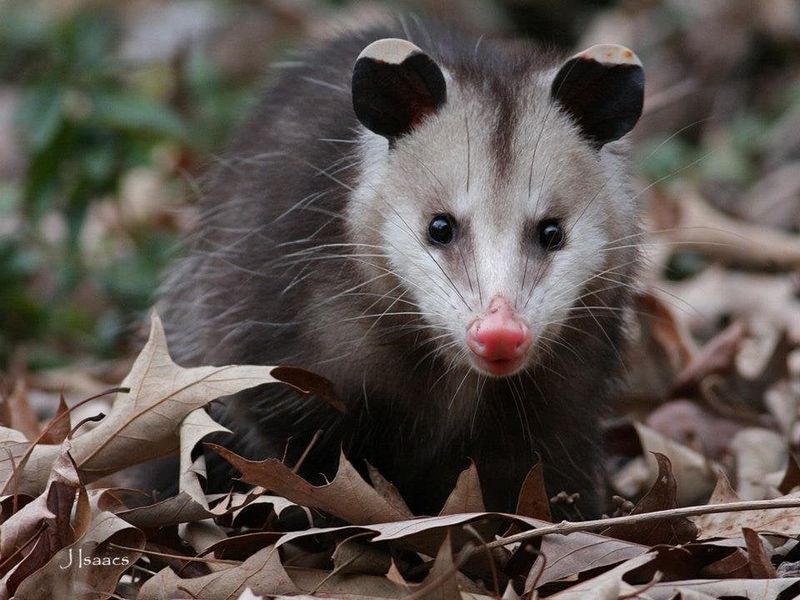
Here’s something surprising: possums have an incredibly low body temperature that makes it nearly impossible for the rabies virus to survive. While any mammal can technically get rabies, possums almost never do.
Their body temperature stays around 94 degrees, which is too cold for rabies to thrive. Scientists have found that possum rabies cases are extraordinarily rare compared to raccoons, bats, or skunks.
This makes them safer neighbors than you might think.
3. Removing Them Might Be Illegal Without Permits
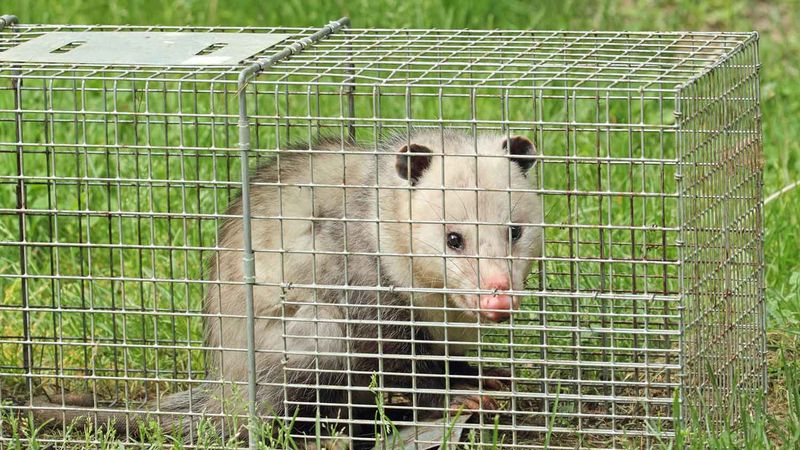
South Carolina has specific wildlife laws that regulate how you can handle possums. Trapping or relocating wildlife without proper permits can result in hefty fines from the Department of Natural Resources.
Different counties have different rules about removal methods and relocation distances. Some areas require licensed professionals to handle the job entirely.
Before taking matters into your own hands, contact local wildlife authorities to learn what’s legal. Breaking these rules could cost you hundreds of dollars.
4. Possums Only Stay Temporarily In Most Cases
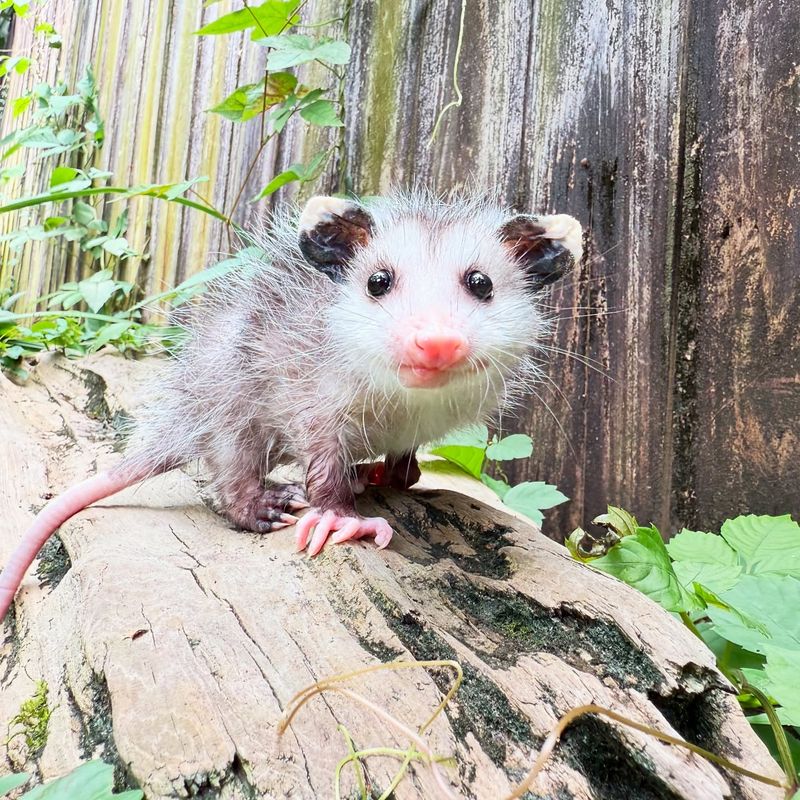
Unlike raccoons that settle down for months, possums are wanderers by nature. They rarely stay in one spot for more than a few days unless they find an exceptional food source or den.
Most sightings involve possums just passing through your property on their nightly rounds. They’re nomadic creatures that keep moving to find fresh hunting grounds.
Waiting a week often solves the problem naturally without any intervention needed from you.
5. Their Defense Mechanism Makes Them Harmless
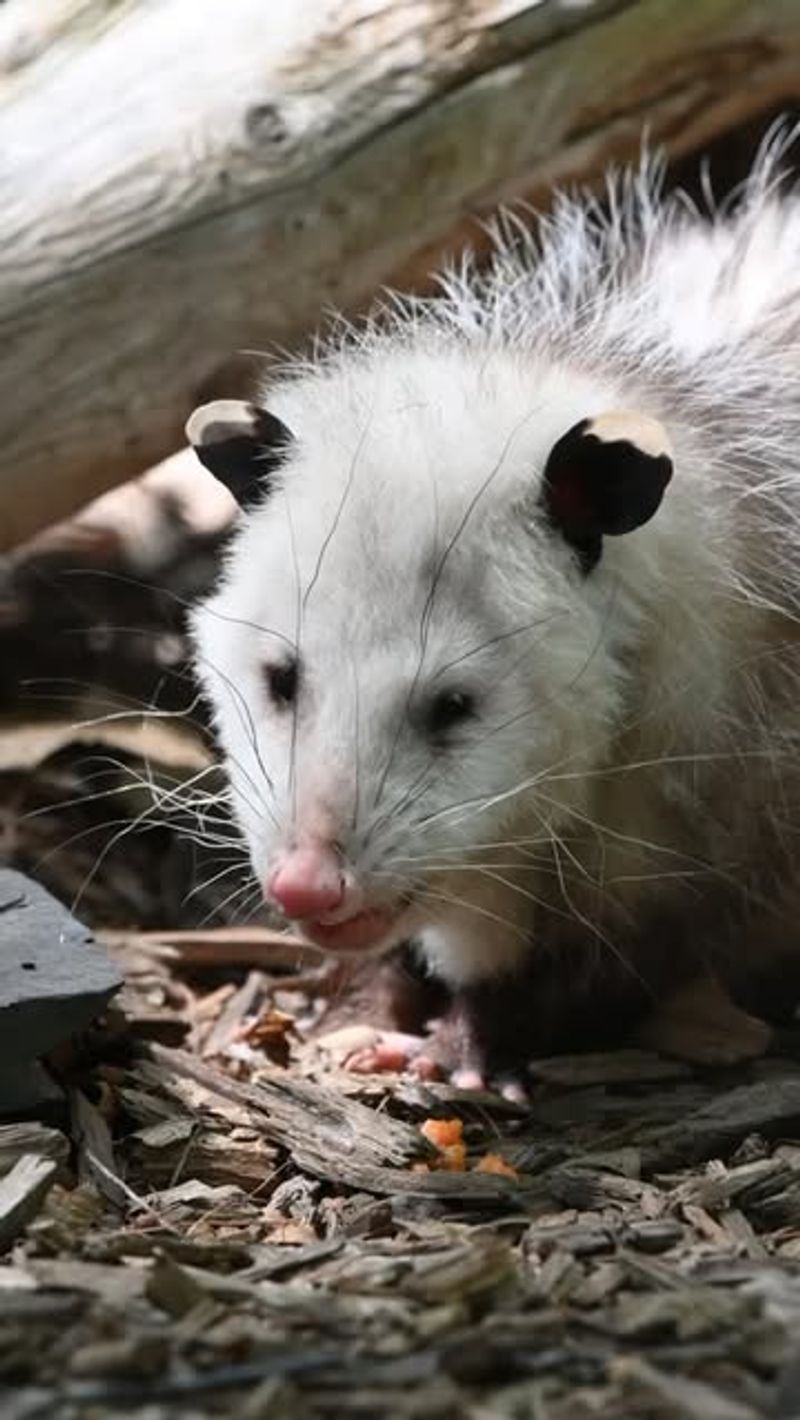
When threatened, possums don’t attack like other wildlife. Instead, they freeze up and play dead, a behavior called thanatosis that’s completely involuntary.
During this state, they release a stinky smell and appear lifeless for up to four hours. This response means possums aren’t aggressive and won’t chase or bite people or pets.
Their hissing and teeth-showing is just a bluff. They’re actually one of the most peaceful wild animals around homes.
6. Relocation Often Leads To Their Death
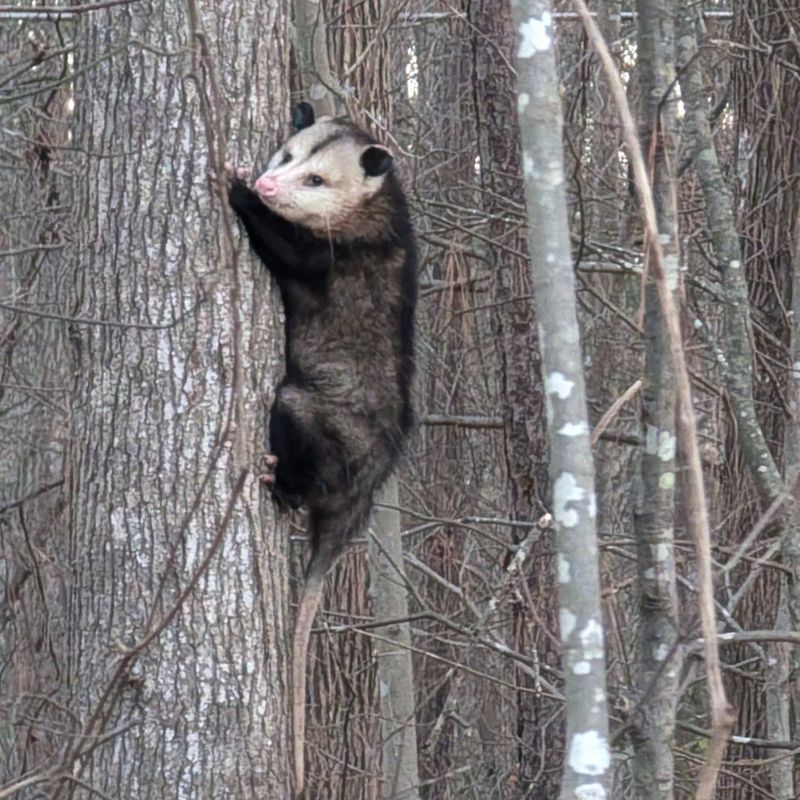
Dropping a possum miles away from your home might seem humane, but it’s actually cruel. Possums have established territories where they know food sources, water locations, and safe hiding spots.
When relocated, they become disoriented and vulnerable to predators, starvation, and traffic accidents. Studies show that most relocated possums die within their first few weeks in unfamiliar areas.
Exclusion methods that encourage them to leave naturally work better than relocation.
7. Simple Prevention Beats Removal Every Time
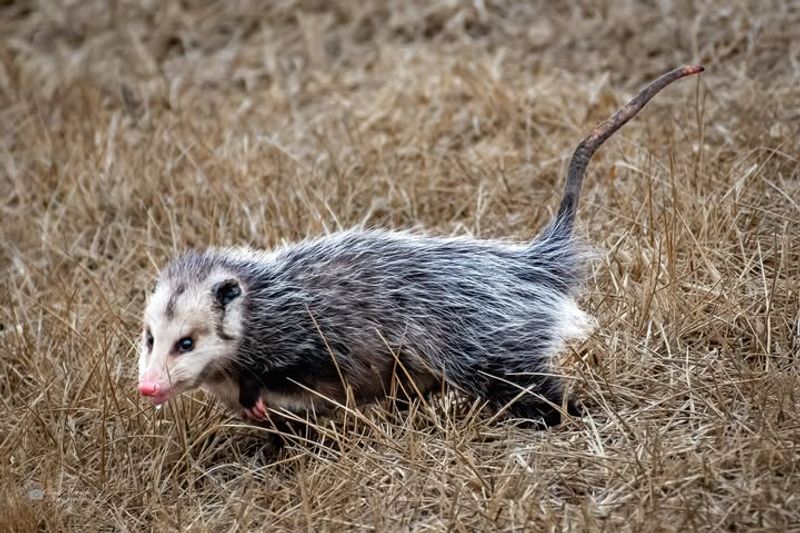
Possums visit properties for three reasons: food, water, and shelter. Securing garbage cans with tight lids eliminates the biggest attraction immediately.
Seal crawl spaces, repair broken vents, and remove brush piles where they might nest. Turn on outdoor lights at night since possums prefer darkness.
These simple steps cost less than professional removal and prevent future visitors too. Making your property less appealing is the smartest long-term solution available.

